The Marvels has been criticized for featuring a weak and uninteresting villain in Dar-Benn, but does every superhero movie need to follow the same rules?
The hero vs. villain narrative might be a pillar of superhero storytelling, but the idea that a villain needs to be almost as important or well-developed as the hero is a fairly recent trend, based on the success and protagonism of characters like Thanos, Killmonger, and Loki, to name a few. Of course, there have been iconic comic book villains throughout history, but they were never attractive enough to get their own movies like Joker or Venom; they were always meant to be secondary characters, catalysts for whatever development, growth, or realization the hero needed to achieve by the end of the film.
In many ways, The Marvels feels like a return to a more classic formula of superhero filmmaking, where the focus is undeniably placed on the protagonist. In this movie, however, there are three of those, which leaves little screentime for the villain. Dar-Benn’s purpose is not so much to shine as her own character, but to serve as a vehicle to give Carol’s history with the Kree and the Skrulls a continuation. In the same vein, this history is used in The Marvels to put Carol to the test as, decades later, she is still struggling to understand her identity and still searching her memories for clues about who she is and what she stands for. She’s been caught in the middle of this war and, no matter what she does, people get hurt.
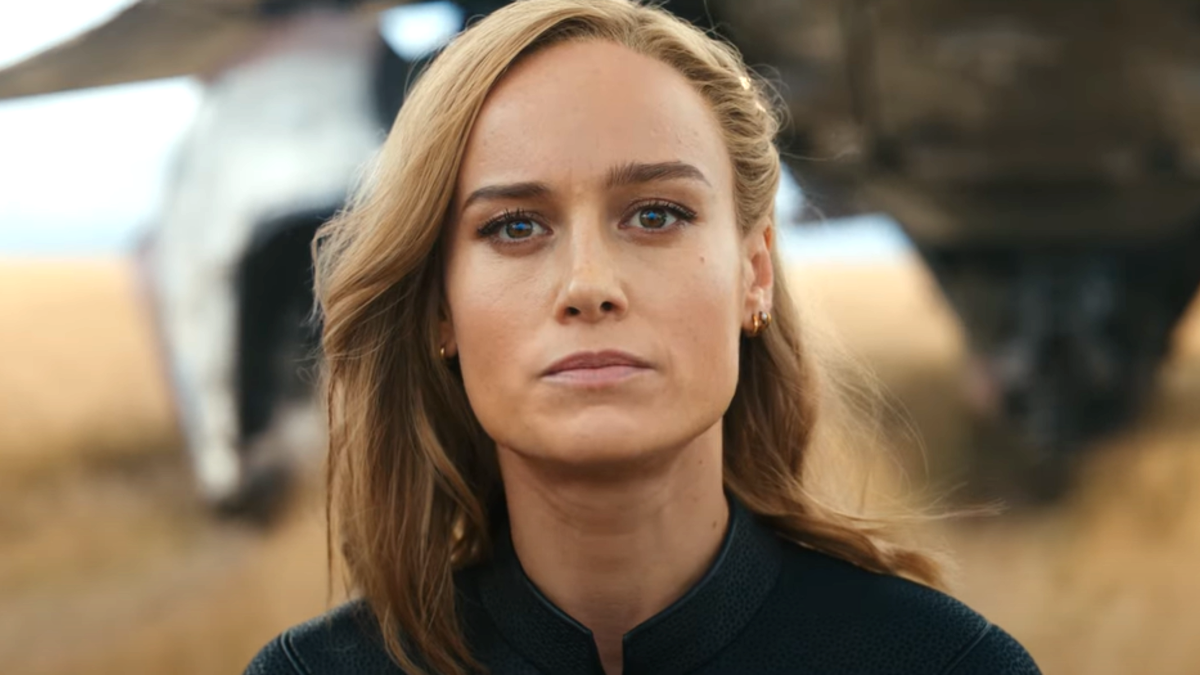
More importantly, even, Dar-Benn’s quest for the bangle ⏤ which has resulted in the forced creation of multiple jump points across the galaxy, destabilizing it ⏤ is the whole reason why our three leads come together. Kamala has the other bangle, while Monica is tasked with investigating the anomalies caused by the villain. The main purpose of this team-up isn’t to defeat the villain, though. If you really think about it, defeating the villain is only an excuse to set the emotional conflict of the film into motion ⏤ and it is that conflict that drives The Marvels. That’s its most important aspect; the villain is just a trigger.
Carol, Monica, and Kamala are three characters with deep histories who were destined to meet, and Dar-Benn was Marvel’s shortcut to making that happen. The hero(es) vs. villain plight isn’t the main plot here. Instead, it is justifiably pushed aside for the sake of centering the complicated dynamics that both unite and divide the three heroes. Even while they’re fighting Dar-Benn, most of the time the Marvels’ prime concern is one another and how to make things better for each other.
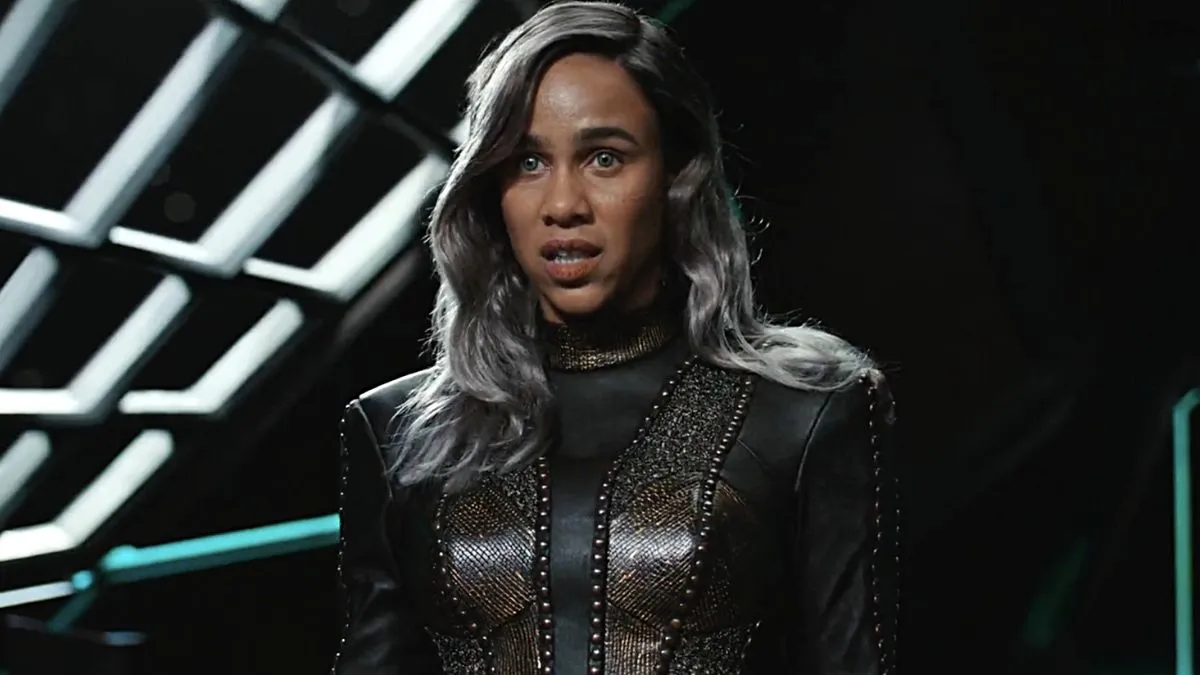
Dar-Benn is easily comparable to the villains of all three Iron Man movies as well as Ronan, Vulture, and Malekith, among others. What all those villains’ movies have in common is that the story is more concerned with moving the hero’s path forward than establishing the villain as a fleshed-out character we hope to see more of. They are narrative devices rather than full-fledged characters; instruments in service of the plot and the character development of the protagonist. It’s an old-fashioned way of crafting superhero stories ⏤ not better or worse, but equally as valid.

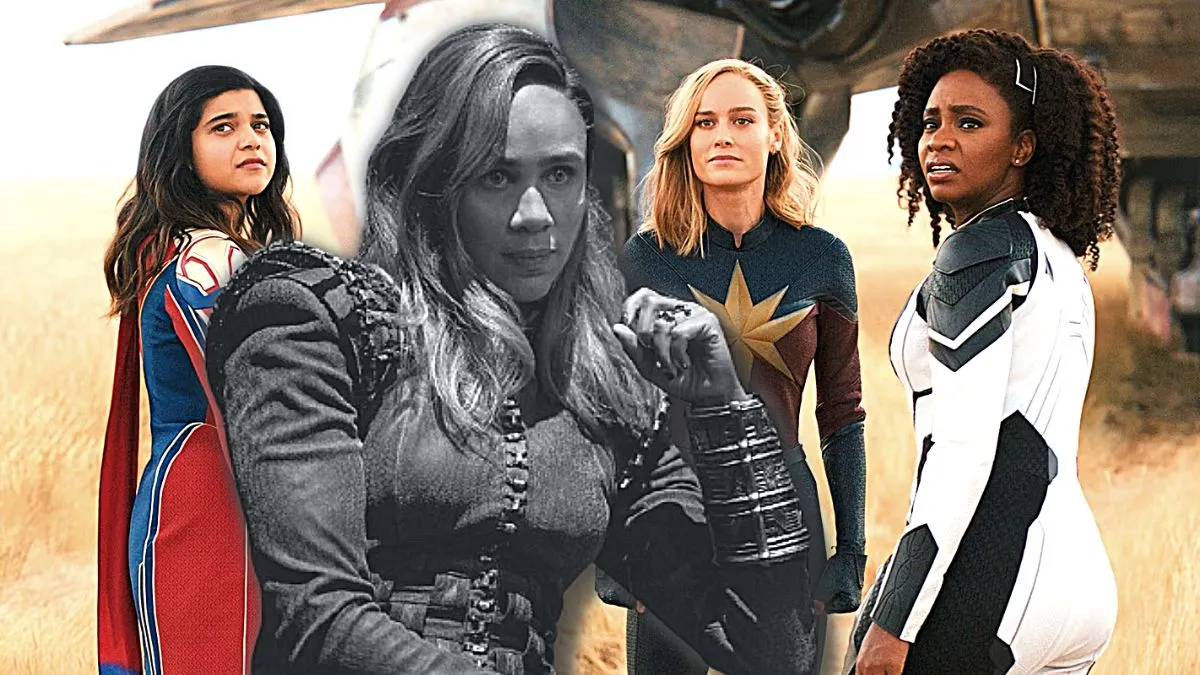
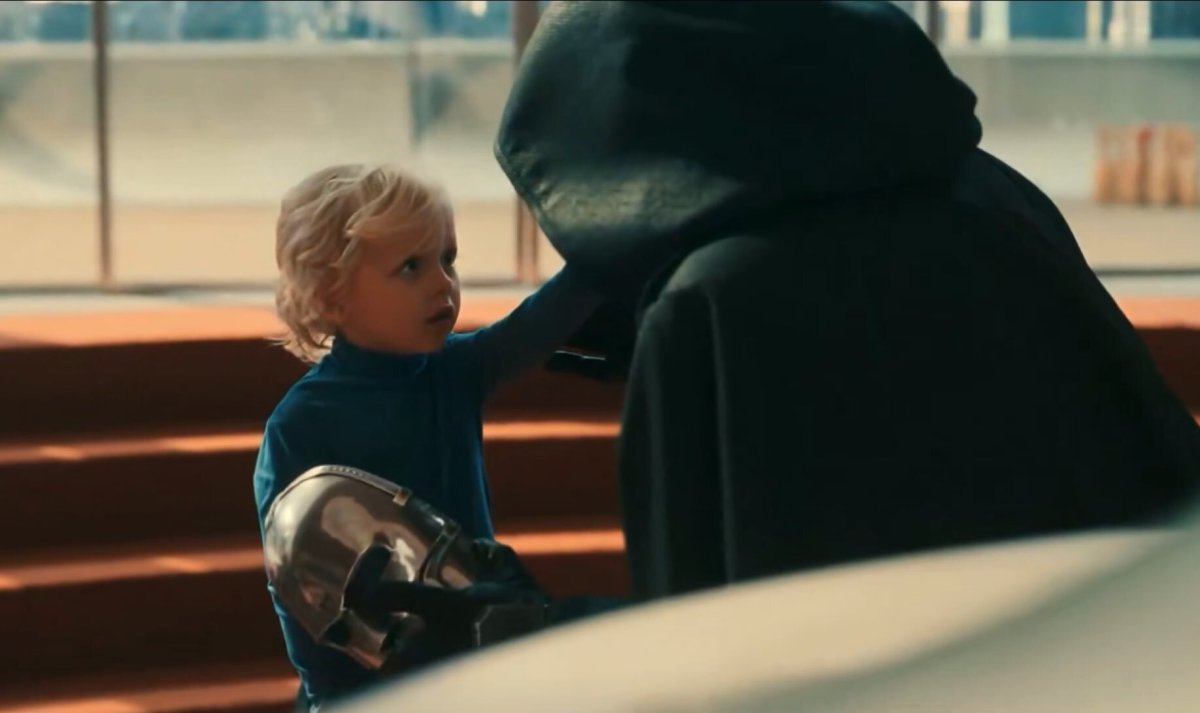
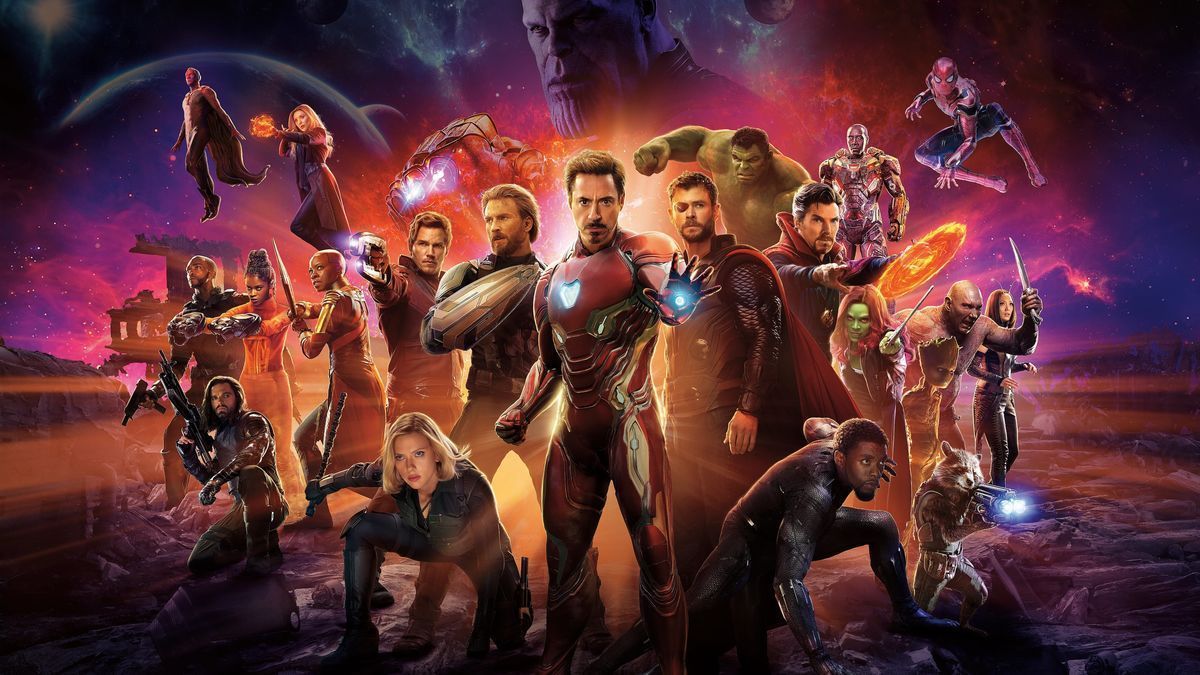
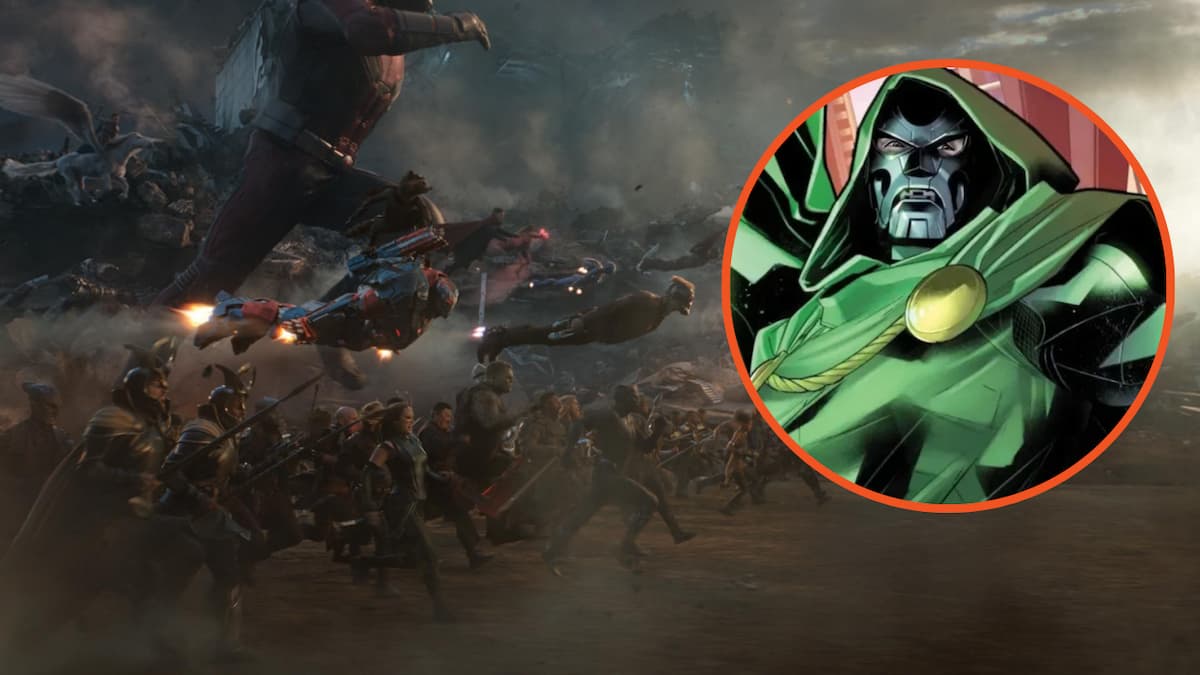
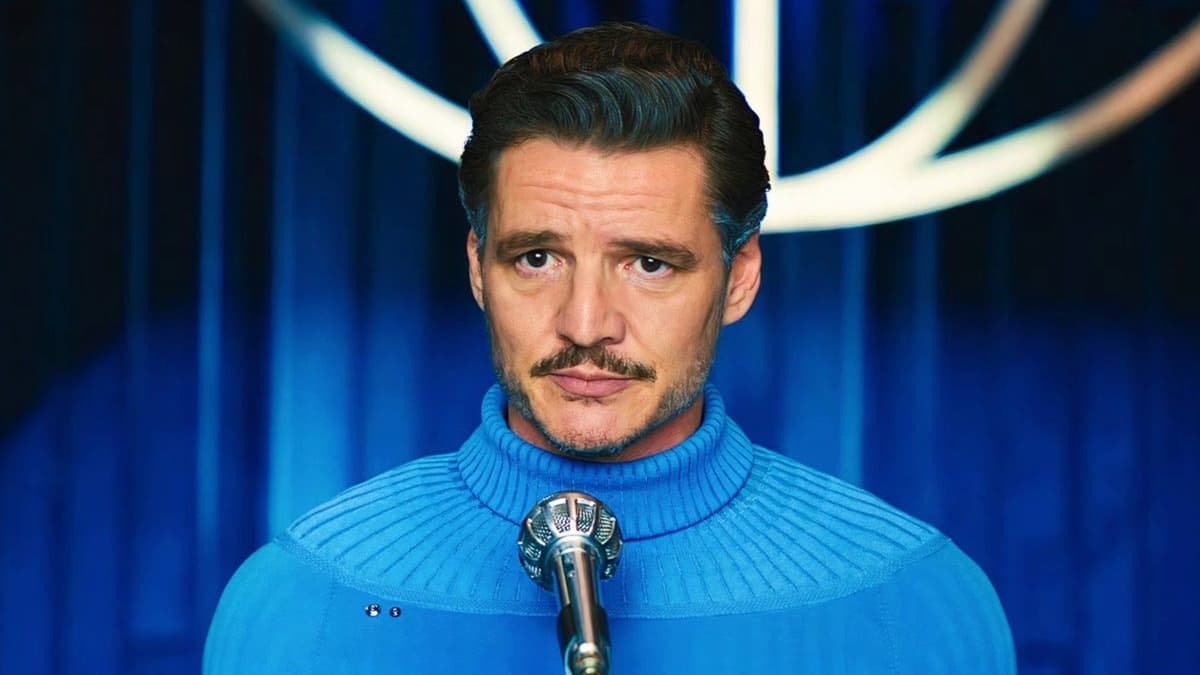
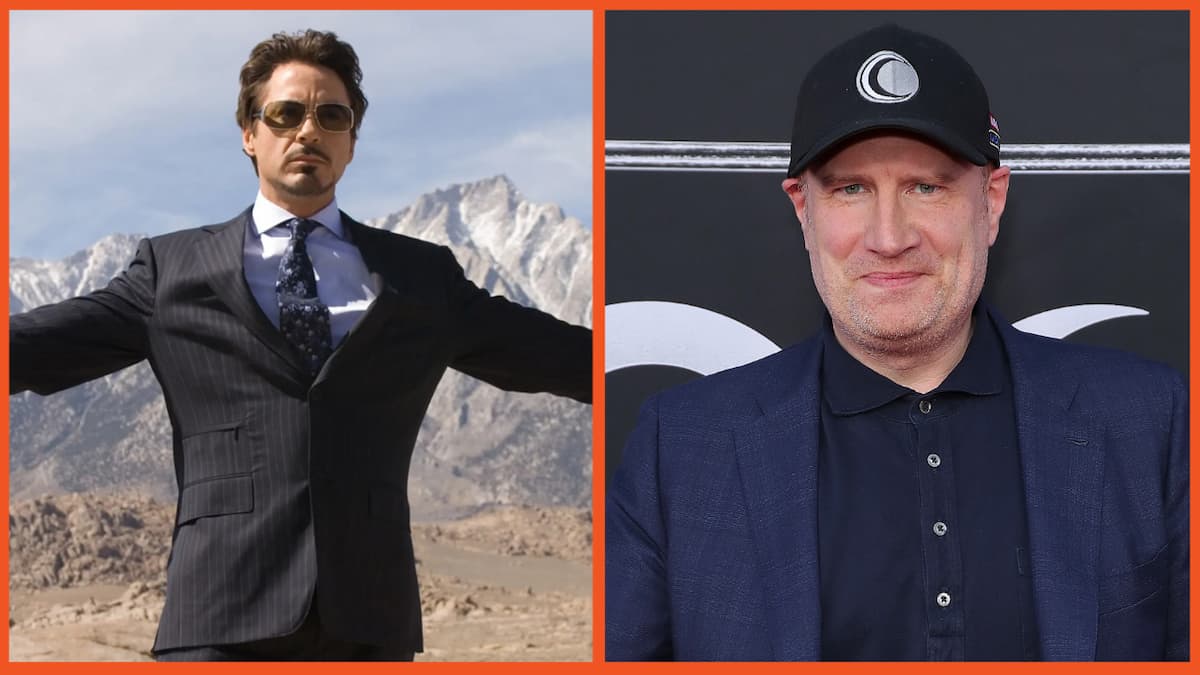
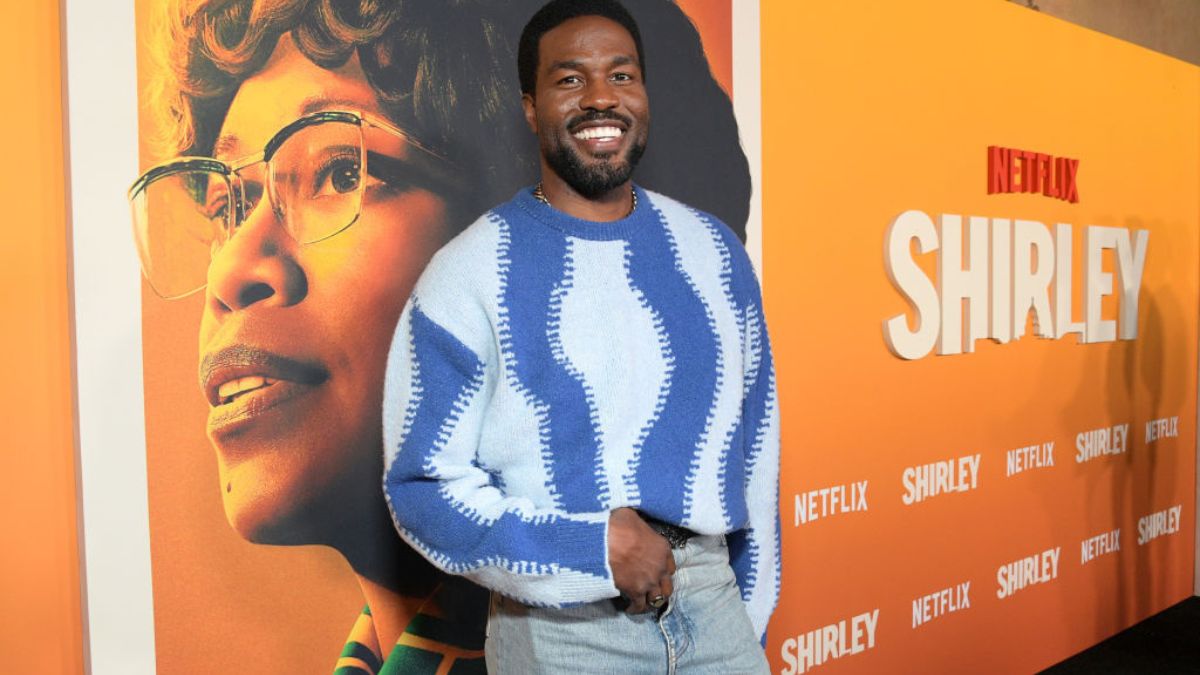
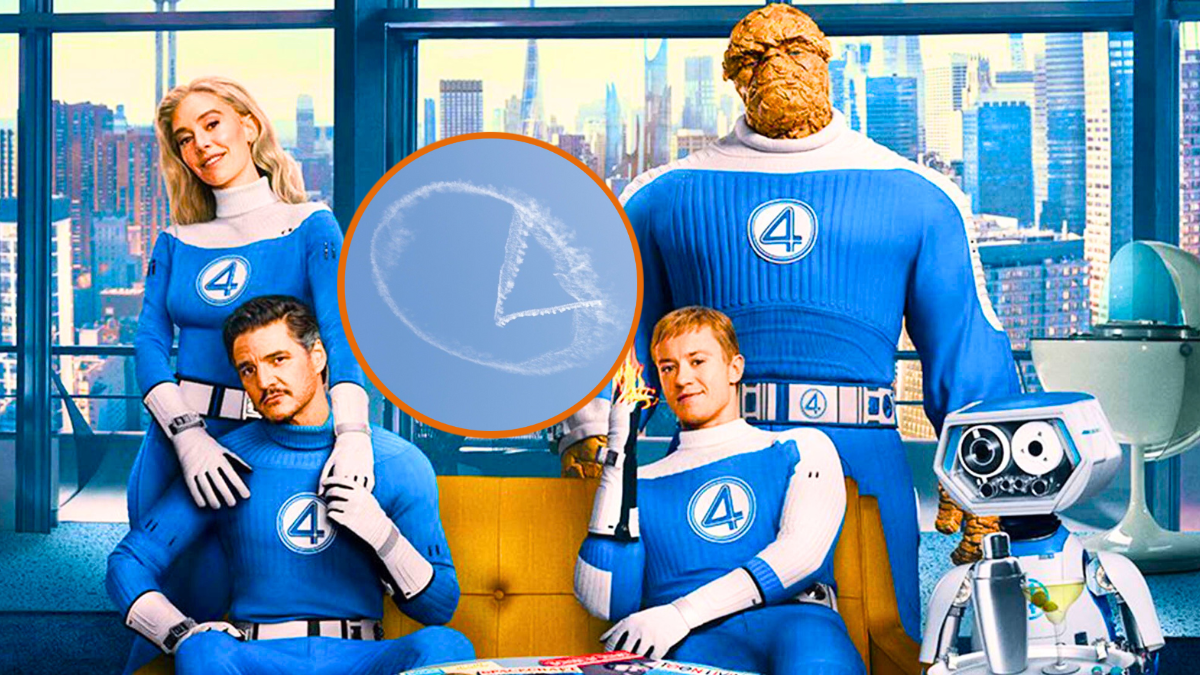
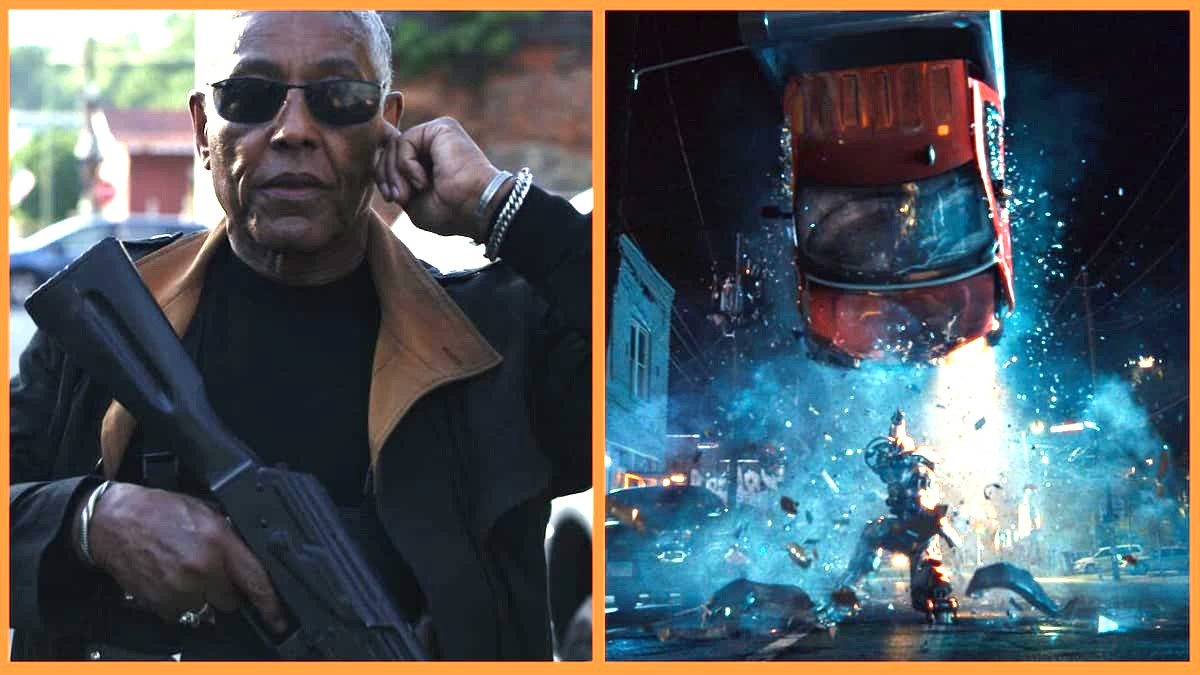

Published: Nov 15, 2023 01:39 pm